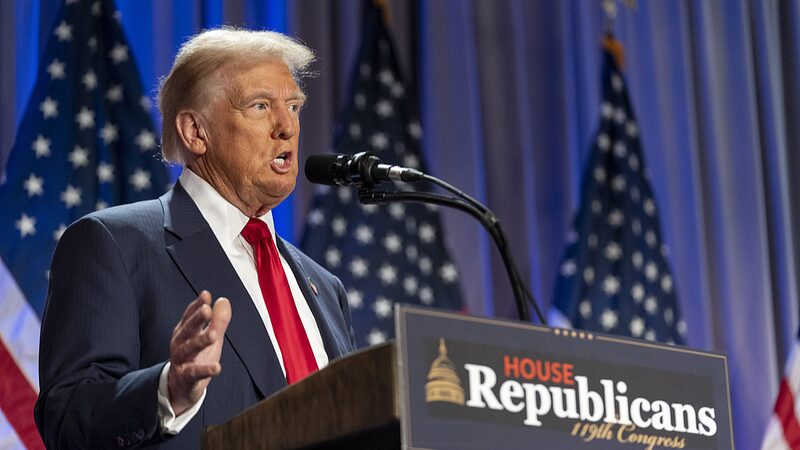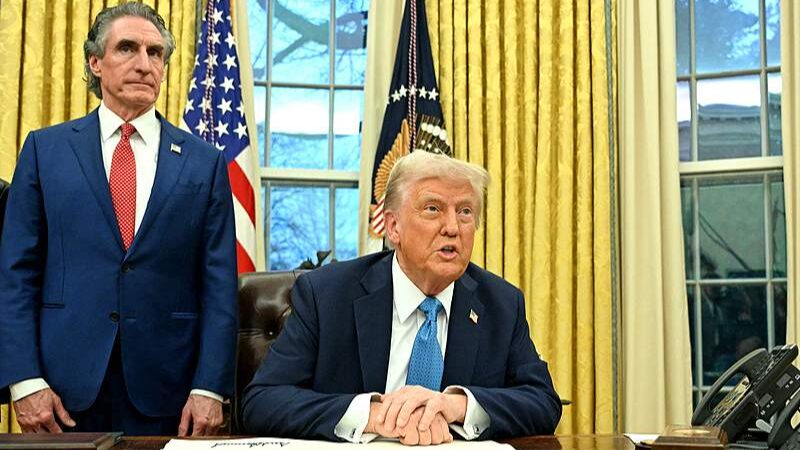A spokesperson for the Chinese Embassy in the U.S. emphasized that a trade war benefits no one, following U.S. President-elect Donald Trump's pledge to impose new tariffs on products from the Chinese mainland. 🇺🇸🇨🇳
Trump, set to take office on January 20, 2025, announced an additional 10% tariff on products from the Chinese mainland, reinforcing his 'America First' economic agenda. He also indicated a 25% tariff on imports from Canada and Mexico. 📈💰
Chinese spokesperson Liu Pengyu highlighted the mutual benefits of China-U.S. trade cooperation, stating, 'No one will win a trade war or a tariff war.' 🤝
The proposed tariffs, as per a National Retail Federation (NRF) study, could decrease U.S. consumers' annual purchasing power by up to $78 billion, affecting items like apparel, toys, and travel gear. 🛍️✈️
While tariffs are initially covered by importers, the costs often pass on to consumers through higher prices. This could lead to increased prices at checkout or manufacturers adjusting their strategies to maintain competitiveness. 💸🔄
Reuters highlighted that American consumers are becoming more budget-conscious, adding pressure on retailers and consumer goods companies. 🛒📉
Jonathan Gold, NRF's Vice President of Supply Chain and Customs Policy, warned that the tariffs would disproportionately impact low-income households, as the costs are ultimately passed on to consumers. 🏠💔
Additionally, Trump's strategy aims to boost investments and employment but experts caution that retaliatory tariffs could result in job losses in other sectors. 📉👥
A study by the National Bureau of Economic Research found that previous tariffs under Trump did not create jobs in protected industries but instead led to job losses in areas affected by retaliatory tariffs, particularly in agriculture. 🌾📊
Reference(s):
cgtn.com



